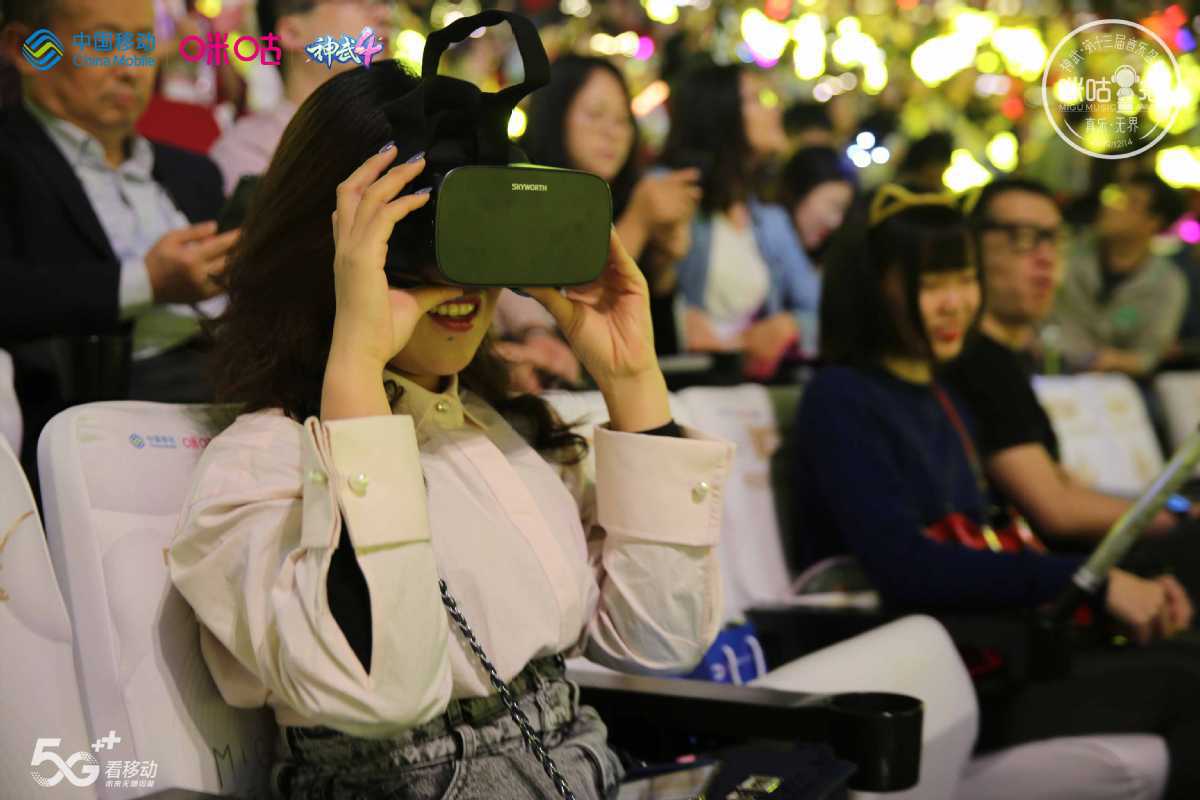Marketers to leverage 5G for brands


Technological leap people will see lies in kind of connectivity it brings
As the superfast 5G communications network is set for scaled commercialization next year, marketers are looking to leverage the technology to revolutionize how brands engage with customers.
The technological leap people will see with 5G lies in the kind of connectivity it brings, according to Gordon Domlija, Asia president and China CEO of media agency Wavemaker.
"I would say in the coming year that 5G changes how we work with manufacturers to create communications and engagement opportunities, which are relevant, targeted, and more beneficial to consumers," said Domlija, whose company is in charge of media purchasing for 120 clients in China.
In the past two years, he has witnessed a "democratization" of digital channels where brands stand to allocate their resources. While the likes of Baidu, Alibaba and Tencent-the so-called tech trinity in the Chinese internet lexicon-used to take the lion's share of online traffic, today roughly 30 to 40 percent of digital engagement is happening outside of the top five players.
Domlija predicted that 5G, due to its high connectivity and low latency, is poised to disrupt the current interactive mode and could potentially even make some of the currently trending channels obsolete.
Paul Cha, head of Media and Digital at Kantar China, agreed that the marketing and communications industry will be one of the key beneficiaries of the 5G era, enabling far greater capabilities to reach and engage with consumers.
In a report predicting media trends in 2020, Kantar identified three key factors poised to bring changes. Increased connectivity means the network can handle far more devices providing the opportunity for anything to be connected to the internet, and lower latency indicates that data transfers will be almost instantaneous, a prerequisite for the takeoff for the likes of autonomous cars.
"Finally, download speeds up to 20 times higher will facilitate advancements in data-heavy technologies such as virtual reality," Cha noted.
These changes will have major implications for "on the go" media consumption, with brands equipping themselves with the ability to connect with customers at any time, in any location, using richer content.
"The 5G era will support the internet of things devices such as smart product packaging, as well as connected technologies like sportswear and facilitate hyper-personalized brand experiences," he said.
The advent of 5G and other technological leaps like artificial intelligence will exert a bigger impact on smart marketing through a more thorough and stratified analysis of user preferences based on algorithms that decode customer activities, said Maggie Wang, president of data marketing technology firm AdMaster.
Based on a survey of 221 brands spanning more than 20 industries, AdMaster and its sister company Miaozhen Systems found in a recent study that digital marketing spending in China is forecast to surge 14 percent year-on-year in 2020.
That is 6 percentage points lower than last year and marks the first spending slip in three years since annual tracking began in 2017.
To be more specific, only 18 percent of surveyed marketers said they plan to increase their budget by 30 percent and more in the coming year, a staggering 11 percentage points lower than a year ago. Almost 60 percent reported their digital marketing budget will grow less than 10 percent.
"Among the majority of the companies we've spoken to, digital marketing budgets take up somewhere between 30 percent and 60 percent of the entire marketing expenditure, which already represents a considerable proportion," Wang said.
Three quarters of the newly allocated marketing budgets will go to mobile devices, with only 9 percent going to personal computers.
"In the 5G era, the distinction between online and offline will become increasingly obsolete, making omnichannel and multimedia marketing (in the forms of video) a business necessity," she said.
Rosy prospects come with challenges. According to Cha, more devices mean there will be even more fragmented datasets to be integrated and consolidated, to gain a holistic consumer view for marketers.
"Additionally, walled gardens will need to connect with other platforms to achieve a complete picture of the consumer, and this is no small task," he noted.
Domlija from Wavemaker also suggested brands should avoid the temptation of being purely data-driven, given the changing mindsets of the younger generation of consumers who uphold brand values.
"Most big Chinese brands and local companies are defining who they are, what their purposes are, and giving something back to the customers ... and that will create much more brand value."




































